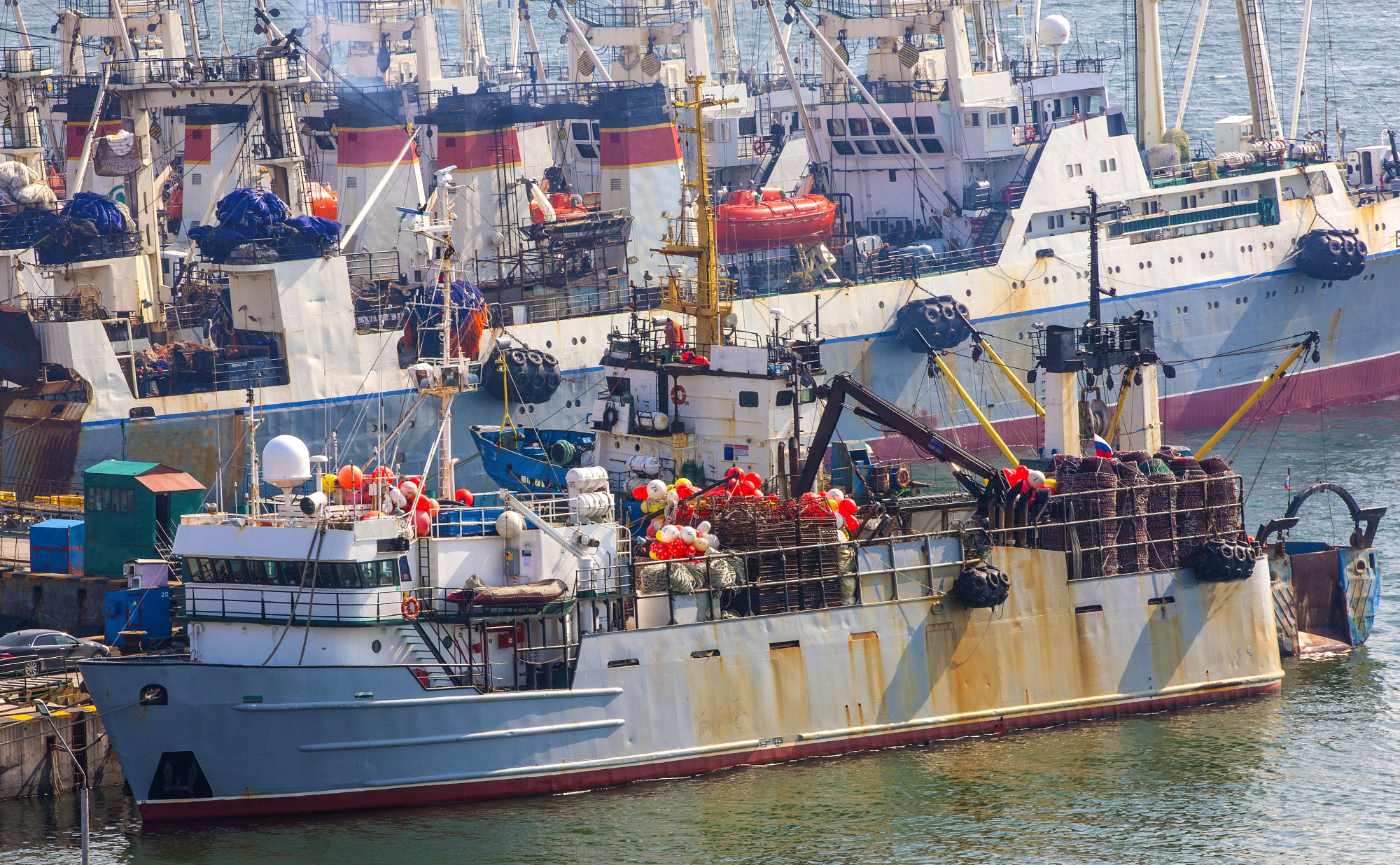Nobody loves the United Nations. It's a bureaucracy, and its job is to make rules. But where else could you negotiate a treaty on the "Conservation and Sustainable Use of Marine Biological Diversity of Areas Beyond National Jurisdiction" (BBNJ for short)? That is to say, bringing the rule of law to the high seas before all the fish are gone.
"This is a once-in-a-generation opportunity to get ocean governance that puts conservation and sustainable use first," Liz Karan told National Geographic last year. She's the senior manager for the high seas program at the Pew Charitable Trusts, one of the many campaigning organizations that finally pushed this to the top of the U.N.'s agenda.
The "high seas" used to mean all of the oceans beyond a cannon shot from land, but they have shrunk. All the ocean within 200 nautical miles (370 kilometers) of land is now in some country's exclusive economic zone, and protecting fish stocks within the EEZs is the task of more than 100 sovereign states with ocean coastlines. Some do it well; most don't.



